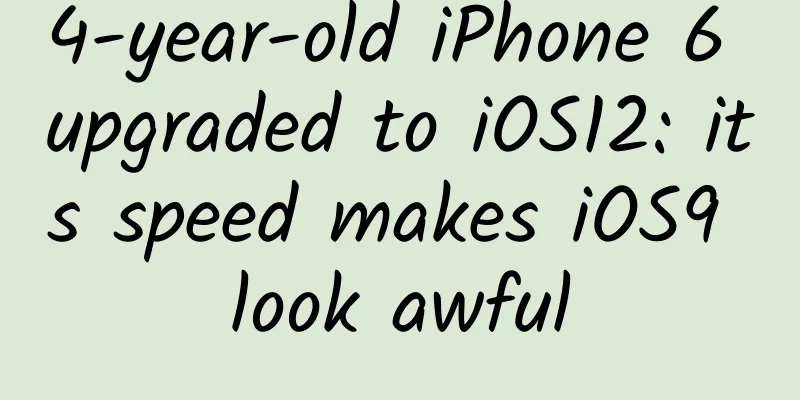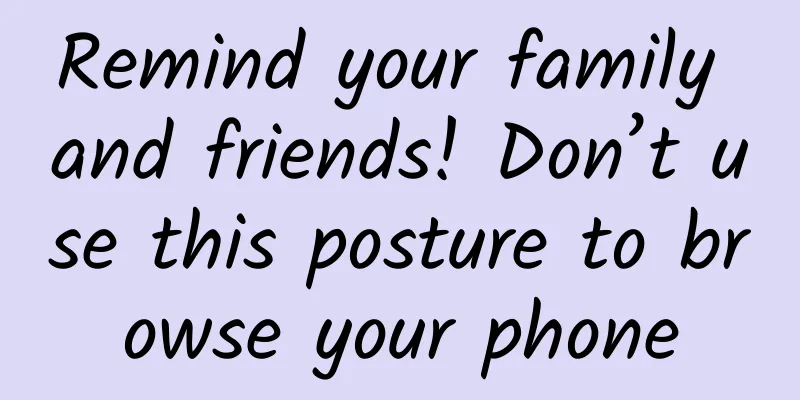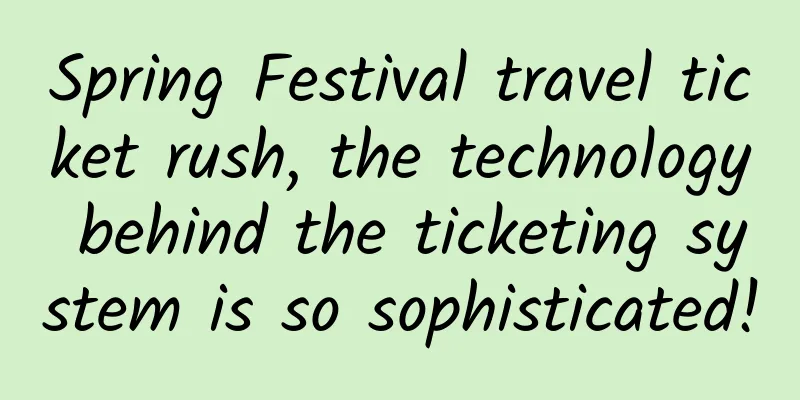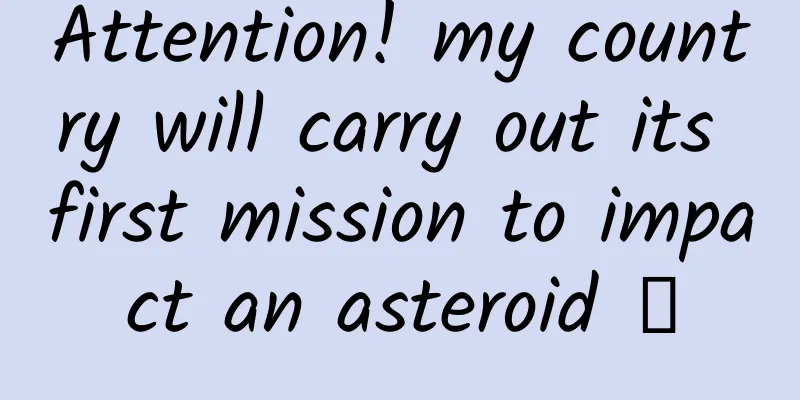In addition to being full or too full, feeling sleepy is actually related to what you ate?
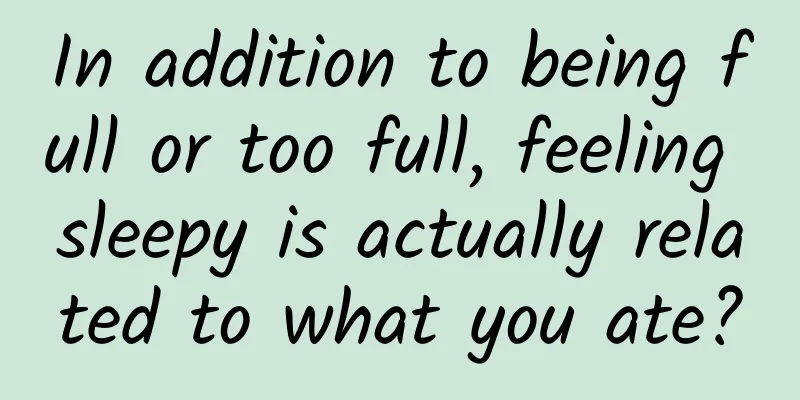
|
Do you have the habit of taking a nap? As the saying goes, "If you don't take a nap at noon, you will feel sleepy in the afternoon." After having a good lunch, it is the habit of many people to lie down and take a nap comfortably. But why do you feel sleepy after eating? In fact, this phenomenon is not limited to humans. Mice, snakes, some insects, and even lower organisms such as Caenorhabditis elegans will feel a little sleepy or less active after a full meal. This phenomenon is very common, but the reasons behind it can be very complicated. A 1983 study found that a variety of factors, including hunger levels, food intake, and food composition, all affect how sleepy you feel after a meal. Some subsequent studies further confirmed this conclusion. In a paper published in 2012, researchers found that people who ate a full meal were more likely to veer off course during a simulated driving experiment than those who ate only half full, which meant they were more likely to have an accident. EEG monitoring showed that these people also felt more sleepy while driving. In addition to how much you eat, scientists have also found that what you eat can also affect your sleepiness. According to a paper published in 2018, people will feel sleepy after eating a high-calorie, high-carb meal, regardless of whether they are fat or thin. According to a study published in 2002, when eating only one meal a day, the level of melatonin in the body after eating high-carb food in the morning will be higher than the level of melatonin after eating the same type of food in dinner. This means that the time of eating may affect a person's circadian rhythm. But this is only at the speculation stage, and there is currently no clear experimental evidence that high-carb foods will make people sleepy after meals. The picture comes from Tuchong.com Since the problem of sleepiness after meals involves too many factors - digestion, nerves, endocrine... various factors are mixed together, so we still can't figure out what makes us "not sleep at noon and collapse in the afternoon". But this does not prevent us from solving this problem. For example, a 2015 study found that exposure to blue light after lunch can significantly reduce the level of alpha waves in the brain and improve cognitive ability. Alpha waves are a sign of brain sleepiness, and reduced activity means that people will be more awake. This means that for urban white-collar workers who sit in front of computers every day, after lunch, they may become more awake by staring at the computer screen or swiping their phones intensively, despite being sleepy. In addition, eating a light lunch, such as vegetables, whole wheat bread, etc., or having a cup of coffee, etc., can make you less sleepy. Of course, if you really can't help it, then take a nap, after all, the old saying of our ancestors is right. This article is a work supported by Science Popularization China Starry Sky Project Author: The Nutcracker Review: Tao Ning Produced by: China Association for Science and Technology Department of Science Popularization Producer: China Science and Technology Press Co., Ltd., Beijing Zhongke Xinghe Culture Media Co., Ltd. |
>>: The vibrant green is actually the color of death?
Recommend
Teacher Dabin's "Short Video Editing Operation Practice Class" 0 basic teaching seven days to get started to master
Training course video lecture content introductio...
What does Chushu mean? Is the weather still hot? What is the meaning of Chushu? What to eat? Health tips
Today we will enter the solar term of End of Heat...
Australia's electric vehicle sales hit a record high in March 2024, with a total of 10,464 units sold
Tesla CEO Musk forwarded a post from electric veh...
Win10 pops up junk ads on third-party browsers and pushes its own browser
Microsoft has recently started another wave of Wi...
Using smart devices to keep you safe? Beware of being fooled by superficial information
Usually, new products and technologies emerge wit...
SMIC Financial Report: SMIC's revenue in 2024 will reach a record high of 57.796 billion yuan, a year-on-year increase of 27.7%
SMIC released the summary of its 2024 annual repo...
How to quickly get a lot of likes on Tik Tok? What are the tips?
I believe most people are familiar with TikTok, b...
How to attract user traffic and trigger social communication?
Today’s topic is how to ignite social communicati...
I woke up with a piece of skin peeled off! Don’t underestimate low-temperature burns!
In winter, a series of "heating tools" ...
Leaks, failures, fires...what should we do if we encounter distress in space?
Recently, two Russian astronauts on the Internati...
How much does it cost to develop a women's clothing mini program in Taizhou?
The factors affecting the quotation of Taizhou wo...
Not too quiet: US requires electric cars to have sound
Recently, according to the automotive news websit...
Electric Technology Car News: Great Wall's new model WEY is exposed, positioned as a luxury rival to Guandao
The news about Great Wall's luxury brand WEY ...
(Hanwen - Short Video Postgraduate) One person learns to make a popular short video account through one course
(Hanwen - Short Video Postgraduate) One person le...

